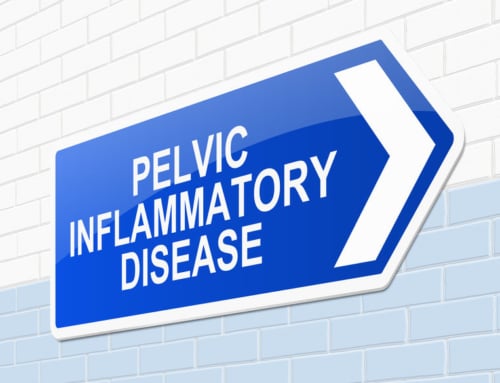Pelvic Inflammatory Disease (PID) Affects Hundreds of Thousands of Women
Pelvic Inflammatory Disease (PID) is an infection caused by untreated sexually transmitted diseases (STDs) or other infections. Nearly 1,000,000 women suffer from PID symptoms each year. 1 in 8 women with a history of PID experience fertility issues. Despite the complications, PID can be treated early to prevent difficulties in getting pregnant.
What is PID?
Generally, PID is an infection of the female reproductive organs caused by an untreated infection such as an STD (chlamydia, gonorrhea) or the more rare, bacterial vaginosis. Bacteria in the vagina or cervix can make its way up the fallopian tubes and ovaries leading to infection.
Symptoms include lower abdomen pain, fever, vaginal discharge, burning sensation, bleeding between periods, or pain during sex. While STDs are the main culprits, PID can also develop during the following medical procedures:
- Childbirth
- Miscarriage
- Abortion
- Endometrial biopsy
- Getting an intrauterine device (IUD) inserted in the uterus
Complications from PID
Untreated PID can lead to irreparable complications including scar tissue formation in the fallopian tubes causing a blockage. Scarring can cause lifelong pelvic and abdominal pain. Tubal blockage can prevent contact between an egg and a sperm, which can lead to infertility.
During pregnancy, a tubal blockage can result in an ectopic pregnancy (pregnancy outside the womb). An ectopic pregnancy increases the risk of a rupture of the fallopian tubes, which can cause pain, bleeding, or worse. Every year, approximately 100,000 women experience infertility issues caused by PID.
PID prevention, diagnosis, and treatment
The only surefire way to prevent PIDs is avoiding vaginal, anal, or oral sex. Otherwise, practicing healthy sex habits can go a long way in reducing the risk of developing PID. Having a monogamous partner without STDs helps, too.
There aren’t any tests for PID, but doctors can look through medical history, perform physical exams, test for STDs, or perform an ultrasound to check for any abnormalities. Because PID symptoms are mild, women may not initially be aware of the infection. Doctors may prescribe antibiotics to fight against the infection.
Women with PID can become pregnant
Most women who catch their PID symptoms early can reduce their risk of developing permanent damage and become pregnant. At worse, women with a history of PID will seek fertility specialists to deal with PID’s complications. PID can be prevented and, with some medical intervention, can lead to a healthy pregnancy.







